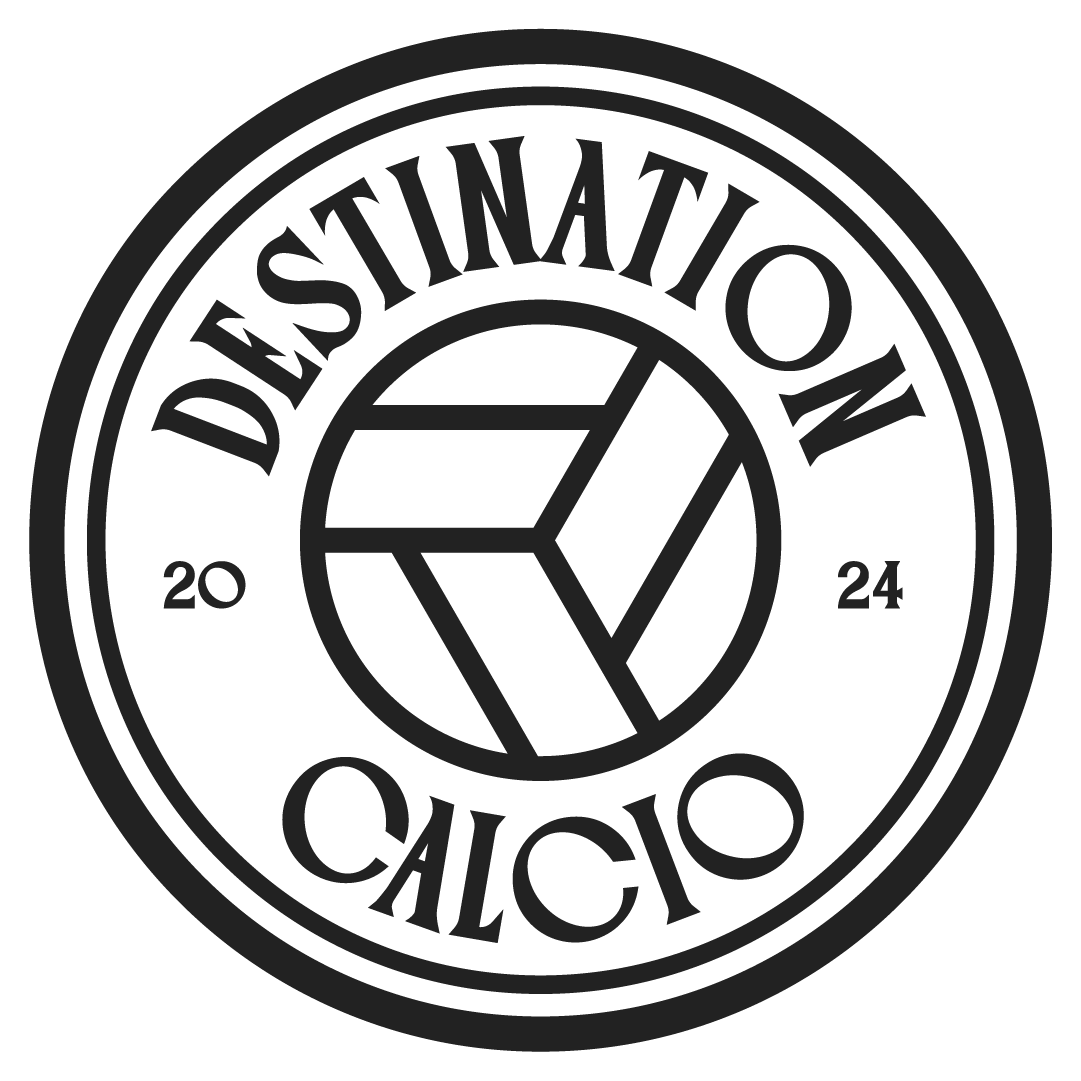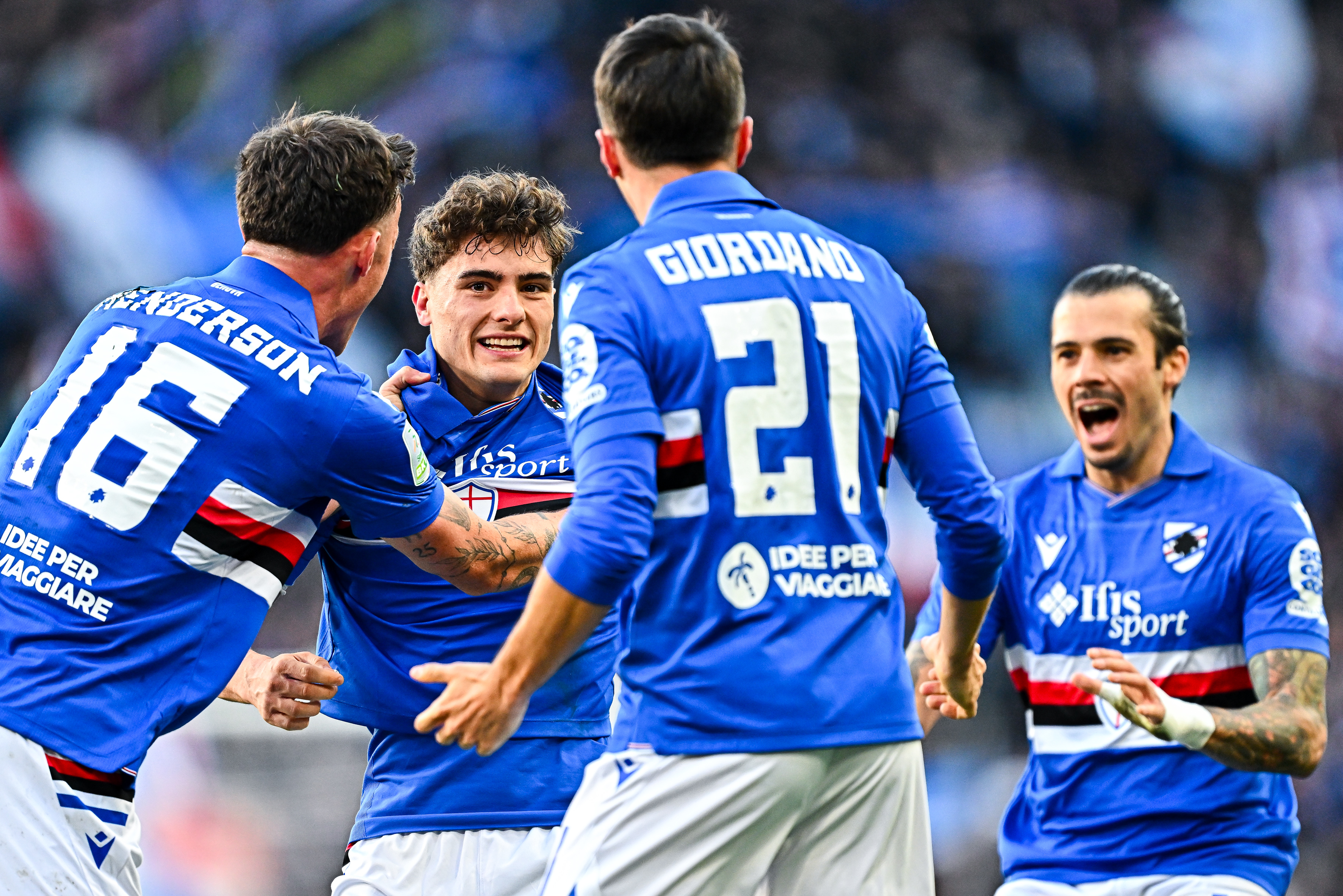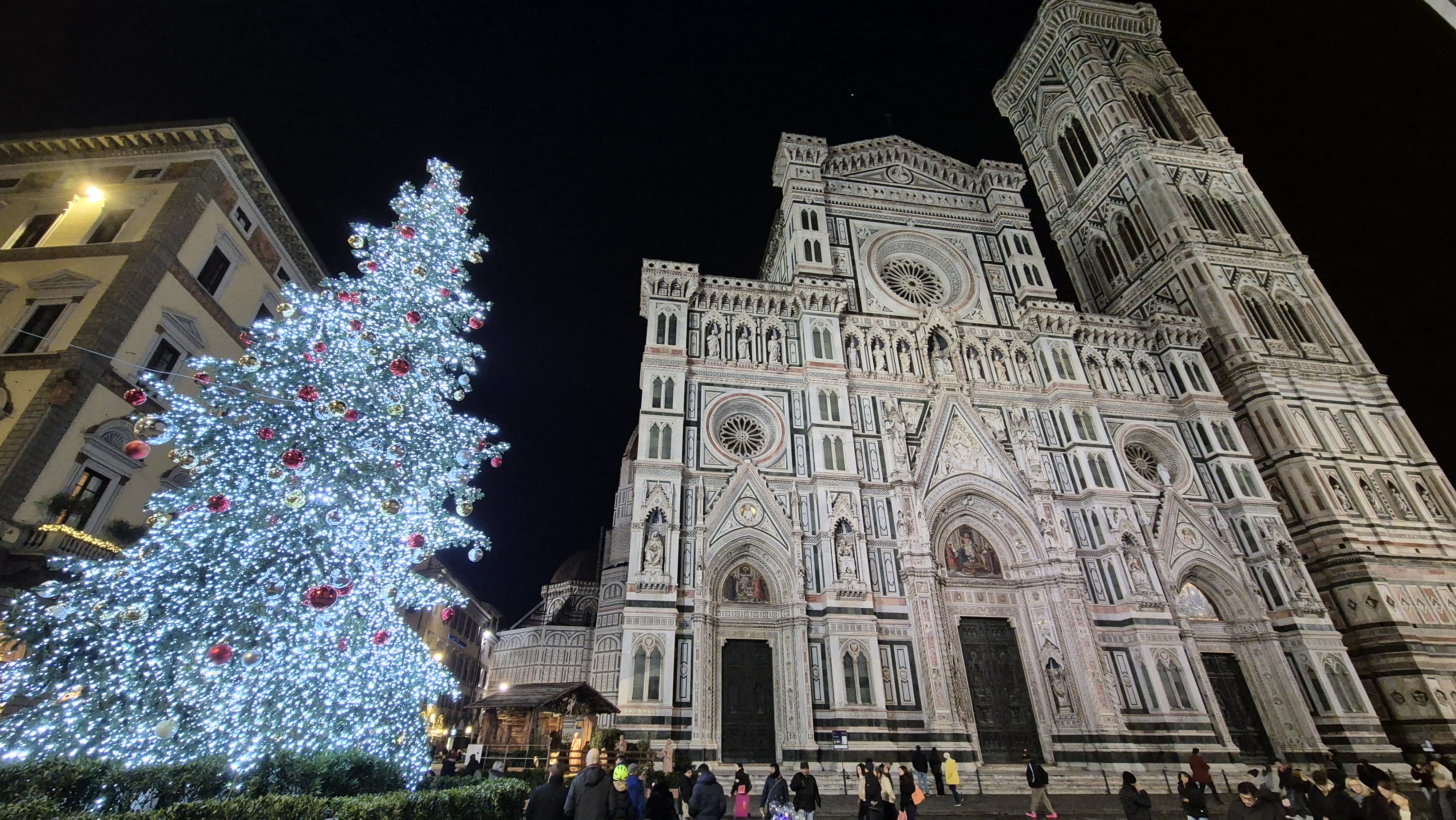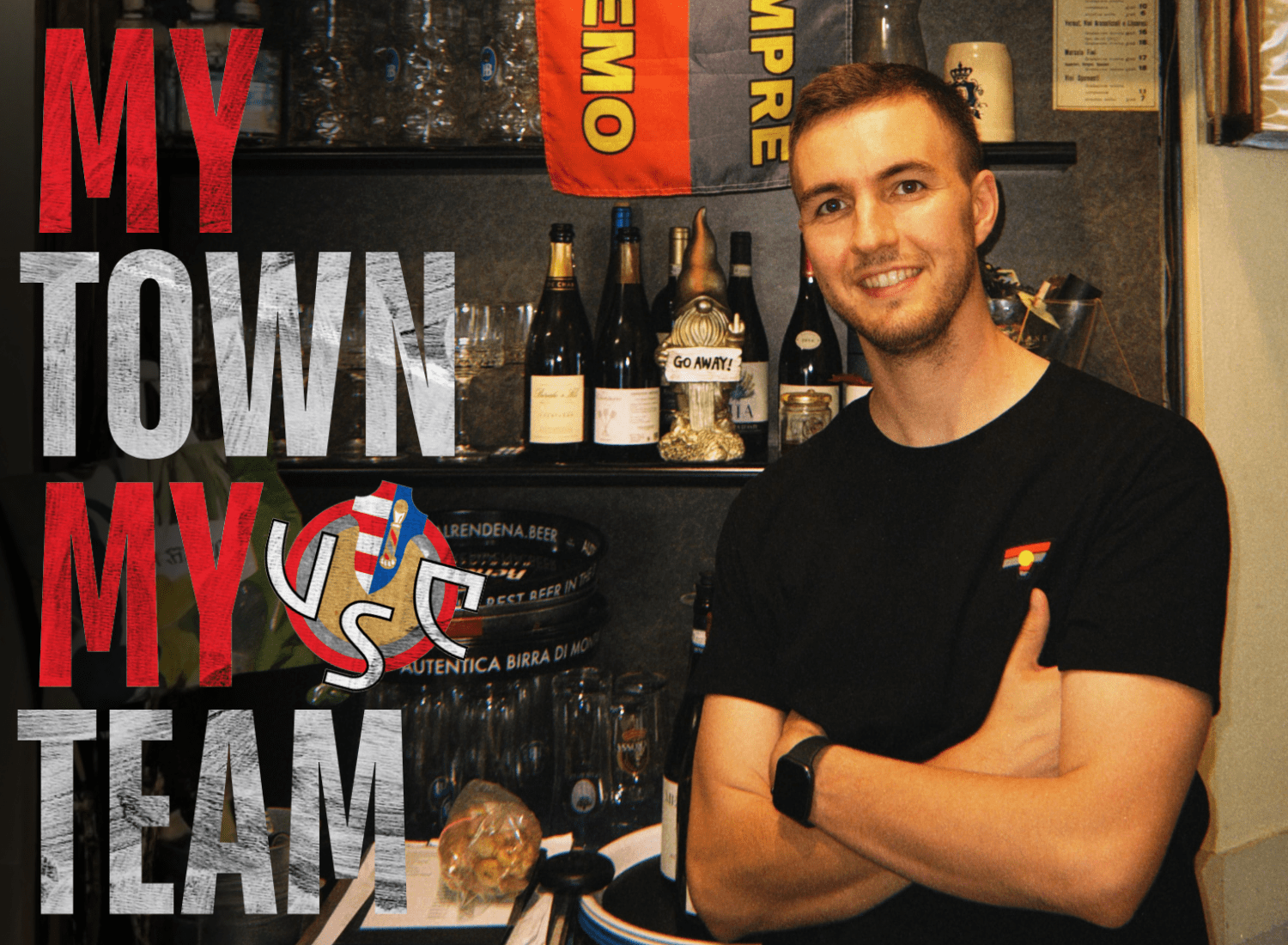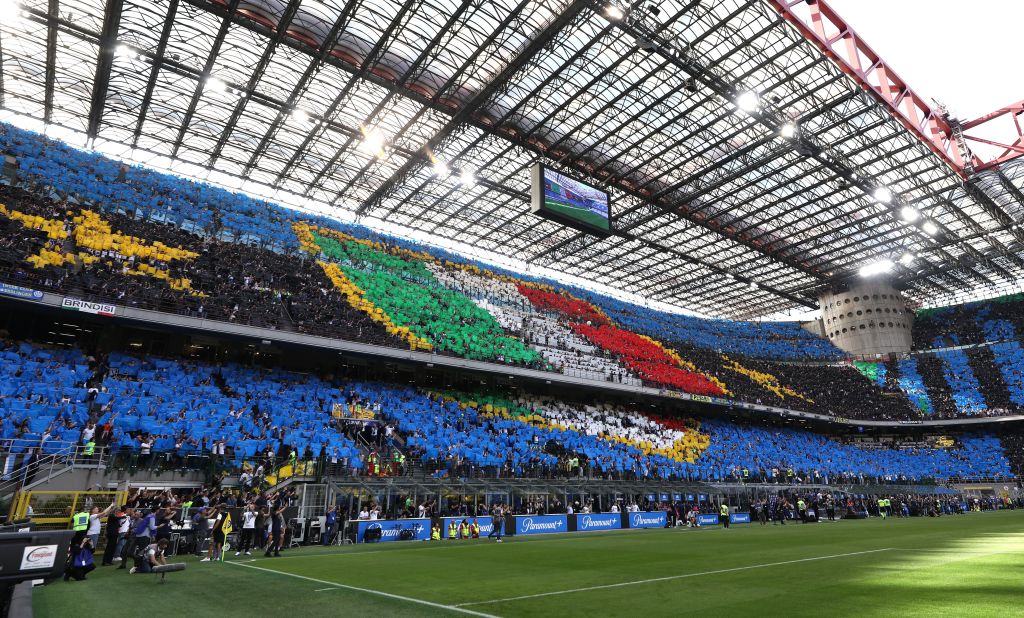
From the Pioneer of Catenaccio to the Special One: Inter Milan’s top five managers
By Dan Cancian
Were Inter Milan to defend their Serie A title this season, Simone Inzaghi would become the first Nerazzurri manager since Jose Mourinho to win back-to-back Scudettos.
Already the longest-serving Inter manager since Roberto Mancini left in the summer of 2008, Inzaghi signed a one-year contract extension to keep him at the club until 2026.
Inzaghi replaced Antonio Conte at Inter Milan in 2021 and led them to their first Serie A title in three years last season after winning two Coppa Italia and three Supercoppa.
The 48-year-old led Inter to their first Champions League final in over a decade in 2023 and has already overtaken Mancini and Helenio Herrera as the Inter coaches with the most trophies won in finals with five
Here, Destination Calcio takes a look at the best five managers in the Nerazzurri’s rich history.
Helenio Herrera
There can be only one place to start this list from and that is with Helenio Herrera.
Arguably Inter Milan’s greatest ever manager, Herrera was a football revolutionary, a visionary whose influence on the beautiful game was so profound his tactics came to define an entire era of Italian and European football.
Herrera had already won four LaLiga titles with Atletico Madrid and Barcelona by the time he arrived at the San Siro in 1960, tasked with restoring Inter at the top of Serie A.
The Beneamata had not won a title in six years and had finished 15 points behind Juventus the season before Herrera’s arrival, a seemingly insurmountable gap in the days of two points per win.
Herrera was in doubt over the size of the task ahead.
“When I came to Inter, there was a terrible ambience,” Herrera told Simon Kuper, in the book Soccer Against the Enemy.
“There were boards everywhere about past championships, very impressive you understand, but so distant.”
A notoriously strict disciplinarian, the Argentine had no qualms in shipping out star players if he felt they did not buy into his methods and introduced the concept of ritiro in the Italian football lexicon – effectively strict training camps, where players would be locked up in a hotel for days, focusing exclusively on training.
Herrera’s influence on the pitch was just as significant, for he refined the Verrou system, which consisted of having an extra defender behind the two centre-backs in a 5-3-2 formation.
Literally translated as door bolt, the tactic had been implemented by Switzerland manager Karl Rappa in the 1934 and 1938 World Cups and pioneered in Italy by Herrera’s arch-nemesis Nereo Rocco, before eventually becoming known as Catenaccio under the Argentine.
It proved to be transformational for Inter, who won three Serie A titles in four seasons between 1963 and 1966 and the European Cup in 1964 and 1965 and will forever be remembered as the Grande Inter.
And, as Herrera was always eager to point out, there was more to his football than simply a risk-averse approach. In Mario Corso, Sandro Mazzola and Luis Suarez, the Nearazzurri boasted some of the finest attacking players of their generation, while Giacinto Facchetti was a modern left-back way ahead of his time.
“The problem is that most of the ones who copied me copied me wrongly,” Herrera recalled.
“They forgot to include the attacking principles that my Catenaccio included.”
Jose Mourinho
Arrogant, charismatic, egotistical, stubborn and a serial winner. The parallels between Helenio Herrera and Jose Mourinho are so plentiful, you could make a considerate argument for the latter to be a modern second coming of the former.
But Mourinho is nobody’s tribute act other than himself and he achieved what not even Herrera managed to accomplish.
With Inter fresh from winning three consecutive Scudettos under Roberto Mancini, The Special One arrived at the San Siro to help deliver European success.
And he succeeded in stunning fashion, famously dethroning Pep Guardiola’s Barcelona in 2010 as Inter became the first Serie A club to complete the Treble.
Mourinho inherited a title-winning team, but he fine-tuned it to his image.
Diego Milito proved an astute signing from Genoa, scoring 30 goals in all competitions in the Treble season – including both goals in the Champions League final against Bayern Munich.
Wesley Sneijder enjoyed arguably the best spell of his career under Mourinho, while Samuel Eto’o’s arrival from Barcelona proved a masterstroke.
A dominant force in the wasteland that was Serie A post-Calciopoli, Inter’s domestic supremacy never translated to the European stage under Mancini.
Worse still, by the time Mourinho took charge, the Nerazzurri had not won European football’s biggest prize since Herrera lifted his second European Cup in 1965.
Inter had not made the final since 1972 and had reached the semi-finals just twice in the intervening 38 years – in 1981 and 2003.
But under Mourinho, who won the Serie A title in both of his seasons in Italy, Inter re-established themselves as one of European football’s heavyweights.
At the Nou Camp, in the second leg of the semi-final against Barcelona, Inter had just 14 percent of possession but progressed as 3-2 aggregate winners, despite playing with 10 men for over an hour.
While the critics sneered at Mourinho’s anti-football, the Portuguese basked in what he described as his “greatest defeat”.
“We were a team of heroes. We sweated blood. It’s a pity I could not play because I have the same blood,” he said.
“I have already won the Champions League but today was even better.”
Looking resplendent in his dark suit/dark tie combo, finger jabbing away at the sky and the critics, the sight of Mourinho running onto the pitch at the Nou Camp remains iconic.
The fact Inter went 11 years without a league title after his abrupt departure shows the scale of his achievement.
Giovanni Trapattoni
Compared to his illustrious colleagues on this list, Giovanni Trapattoni may have won comparatively little with Inter Milan, but his impact at the San Siro transcended the amount of trophies.
During five seasons in Milan, Il Trap won the 1989 Scudetto and the UEFA Cup in 1991 but, perhaps more importantly, restored the Nerazzurri as one of Italian and European football royalties.
By the time they appointed Trapattoni in the summer of 1986, Inter were six years removed from their last Serie A title and increasingly rudderless.
Not for the first time in their history, the Beneamata resembled more a collection of talented individuals than a functioning team.
Trapattoni, meanwhile, had presided over one of Juventus’ most dominant eras, winning six Scudettos, a European Cup and six other major trophies during 10 years in Turin.
But even a serial winner like Il Trap had to bide his time at Inter, as Napoli and AC Milan won the Scudetto in his first two seasons in charge.
In the summer of 1988, however, Lothar Matthaus and Andreas Brehme arrived at the San Siro, the German duo providing Inter’s answer to AC Milan’s Dutch triumvirate of Marco Van Basten, Ruud Gullit and Frank Riijkaard.
Seldom have two signings proved more instrumental. Trapattoni’s Inter romped to the title by an 11-point gap over Napoli, losing just twice in their Serie A campaign, winning 26 times and drawing six games.
Trapattoni’s notoriously conservative approach was reflected in a suffocating defence which conceded just 19 times in 34 matches, but Inter also boasted the best attack in the division with 67 goals.
Two years later, with Jurgen Klinsmann having since joined his German compatriots, Trapattoni also lifted the UEFA Cup – Inter’s first European trophy since the days of Helenio Herrera.
Inter, however, would have to wait another 17 years to wear the Scudetto again.
Antonio Conte
The third man to cross the Derby d’Italia divide to join Inter after enormous success at Juventus after Giovanni Trapattoni and Marcello Lippi, Antonio Conte described the Nerazzurri as his hardest job.
It was a telling statement coming from a man who had re-established Juventus as the team to beat in Serie A and taken Chelsea from 10th to Premier League champions in his first season in England.
Conte’s words spoke volumes for Inter’s malaise. Memories of their triumphs under Roberto Mancini and Jose Mourinho were fading fast and by the time Conte arrived at Appiano Gentile, Inter were a decade removed from their last piece of silverware and had not won the Scudetto in 11 years.
In fairness to Inter, nobody had Juventus won an unprecedented nine Scudettos in a row, a run Conte helped establish and whose downfall he engineered after joining Inter.
He chose to mould his team in his image, which meant parting ways with Mauro Icardi and Radja Nainggolan and breaking transfer records for Romelu Lukaku and Nicolo Barella.
In their first season under Conte, Inter finished just one point behind Serie A champions Juventus, matched the points total set by the Treble winners 11 years earlier, and lost the Europa League final to Sevilla.
And yet, frustrated at what he perceived as a lack of ambition from Inter’s board, Conte almost walked away from the Nerazzurri that summer, before ultimately choosing against it.
It proved to be a crucial decision. Hampered by inconsistencies in the first three months of Conte’s second season in charge, Inter steadily but inexorably built up a head of steam after he tweaked his tactical approach in November.
Conte ditched the No10 to revert to his preferred 3-5-2 approach, building Inter’s title bid on defensive solidity.
The Nerazzurri conceded only 35 goals in 38 Serie A games and scored 89 – the division’s second most prolific attack, behind only Atalanta – courtesy of a superb partnership between Lukaku and Lautaro Martinez.
A club record signing for €80m, the Belgian lived up to his price tag and scored 34 goals in all competitions – equalling Ronaldo’s record in 1997–98 season in the process – while the Argentinian added 19.
Meanwhile, players like Matteo Darmian, Alexis Sanchez and Christian Eriksen, who had found themselves on the fringe of the squad, were repurposed and became key figures in Inter’s title triumph.
“This is one of the most important successes of my career,” Conte told RAI after Inter’s coronation.
“Deciding to join Inter was not easy, just when the team was not equipped to win immediately.
“Furthermore, the opponent was Juventus, for whom I had worked for a long time, who had dominated for nine years. Today we can say that our sacrifices have paid off.”
But no sooner had the 51-year-old restored Inter to the top of Serie A that he left the club. In typical Conte style, his flame had burned brightly but quickly.
Roberto Mancini
Depending on your views, Roberto Mancini is either a victim of the circumstances or a man whose managerial achievements at Inter Milan were helped by an enormous slice of good fortune in the form of the Calciopoli scandal.
Appointed in 2004, in his first season in charge the former Sampdoria and Lazio star led Inter to the Coppa Italia, their first piece of silverware in seven years.
Mancini and Inter successfully defended the trophy the following the season, completing a rather hollow double when they were awarded the Serie A title by default following Juventus’ relegation to Serie B.
Inter benefited more than any other club by the realignment that followed Calciopoli, as their two main rivals – AC Milan and Juventus – were dealt a 30-point penalty or relegated respectively.
The Nerazzurri seized the moment, establishing themselves as Serie A’s dominant force, thanks in no small part to the arrivals of Zlatan Ibrahimovic and Patrick Vieira from Juventus.
After their 2006 sub-judice Scudetto, the Beneamata swept everything aside in Serie A the following season to finish 22 points ahead of Roma.
Inter won a record consecutive 17 league games and finished with a then-record 97 points, losing just once in 38 games, before winning a third consecutive title the following season.
European glory, however, proved frustratingly elusive and Mancini was eventually sacked by then-Inter president Massimo Moratti at the end of the 2007-08 season, to be replaced by Jose Mourinho.
Mancini returned to Inter for a second spell six years later, but the move proved to be little more than a nostalgia exercise, with the Nerazzurri finishing eighth and fourth in Serie A in his 18 months in charge.
Along with Alfredo Foni, Helenio Herrera and Jose Mourinho, the Italian remains one of only three Inter managers to win back-to-back Serie A titles.
Whether he would have achieved that without Calciopoli, remains one of calcio’s great unanswered dilemmas.
Presenting DC Podcasts:
Related Articles
Related Articles
The Serie B season reaches halfway when the action returns after the winter break, with more live matches to look forward to on DCTV.
Florence is a dream destination year-round, but visiting during the winter months offers a completely different and magical experience.
We get a local take on what's hot in Cremona - where to eat and drink, sights to see and handy hints that might not be in the tourist guides.
